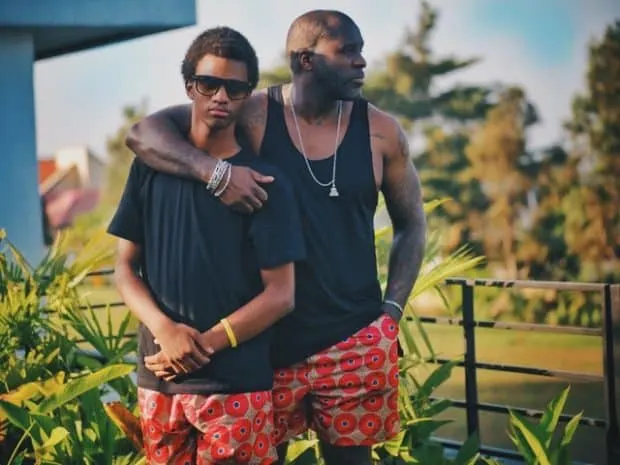
In the early 21st-century, society has become more progressive. Just over 50 years ago, homosexuality was illegal in the UK. It wasn’t until 2003 that legislation was passed in the USA that legalized consensual sex acts between same-sex partners. But in the modern age, anyone harboring prejudices is distinctly out of step with the prevailing sentiments. Although more and more LGBTQ teenagers are feeling empowered to reveal their hearts’ desires to parents, coming out is still a huge deal for many. How parents handle this can be a deal-breaker. Here are the dos and dont’s you need to be aware of.
Do’s
Point them in the right direction
Even if you feel you’re not the most qualified person to empathize with their situation, remind them there are a lot of outlets where they’ll find support. The LGBTQ online community is a wonderful source of information. There are gay website reviews they could consult, offering advice about digital dating outlets, most of which offer free registration. These services are so much more than matchmaking platforms. They provide chat room facilities, forums, and blogs. These are resources that can be tapped into at any time, offering guidance, and presenting opportunities to widen LGBTQ social circles by meeting new friends.
Be 100% supportive
The bottom line is this. Regardless of their sexuality or gender identity, your children are your flesh and blood, the most important people in the world to you. So the most important attribute you can display is being there for them. Fretting about coming out can make teenagers feel worried or isolated. Make sure they appreciate they have nothing to fear about admitting how they feel, and that your love for them is unconditional.
Create an inclusive vibe
It’s relatively easy to display you appreciate the freedom and liberation afforded everyone in Western society, regardless of their orientation or identity. Individuals coming out is often a plotline in TV shows. There are news items that might feature situations where same-sex couples have faced discrimination. Rather than appearing indifferent, it would help if you were vocal in your support of the positive attitudes on display. Once your teenager appreciates which side of the fence you are on in what can still be a polarizing issue, they’ll feel so much more confident about admitting their feelings.
Be communicative at all times
Let your offspring know you will be there for them, no matter what. There should always be an open line of communication between parents and children, especially during teenage years when a host of emotions and hormonal changes will be emerging. You could set aside time to invite them to be honest about any concerns they might have, or maintain a constant line of informal chat. Not every child appreciates their parents sharing their social media channels, but can always use the old-fashioned method of dropping texts now and again.
Don’t …
Patronize
One phrase that must never leave your lips is, “I will love you, no matter what.” Firstly, this should be implicit in any healthy relationship. Secondly, it provides a direct implication that what your teenager is going through is some kind of issue. It most certainly is nothing of the kind – it’s a fact of life.
Suggest this is a phase
The notion that anyone with LGBTQ tendencies is likely to be a phase, or worse still, something that can be eradicated with conversion therapy, will be destructive to your relationship. Intolerance of others down to their sexual desires is simply unacceptable in contemporary society, especially within your own family.
- Sagittarius Man & Gemini Woman Love and Sex Compatibility - January 31, 2024
- Taurus Ascendant Rising Personality Traits in Men (Guide) - January 31, 2024
- How to Seduce and Attract a Sagittarius Man (Seduction Tips) - January 31, 2024
